News
Customize list
-
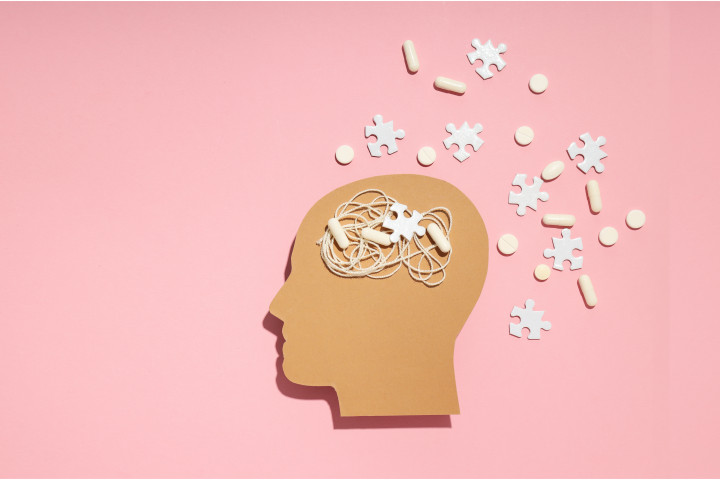
A Major Breakthrough in Understanding Multiple Sclerosis
The regeneration of myelin – the protective sheath that surrounds nerve fibers – is one of the greatest challenges in the treatment of multiple sclerosis. Slovenian researchers have now discovered a key mechanism that could lead to new therapeutic approaches for promoting the regeneration of nervous tissue.
-

University of Ljubljana adopts Guidelines on Reconciling Work, Study and Private Life
In March 2025, the University of Ljubljana (UL) adopted the Guidelines on Reconciling Work, Study and Private Life, which also cover longer leaves of absence for employees and students, and are aimed at creating a supportive and encouraging environment for all members of the academic community.
-
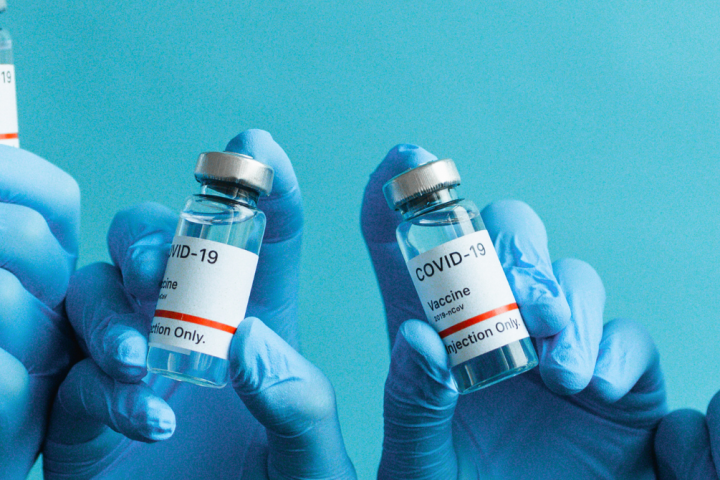
Young People and COVID-19 Vaccination: What Influenced Their Decision to Get Vaccinated?
In Slovenia, young people aged 23 to 26, with higher education levels and above-average material status, were the most likely to choose COVID-19 vaccination. Conversely, the youngest (15–18 years old) and slightly older (27–30 years old) individuals, who had lower education levels, lived more often in rural areas, and had mothers or primary caregivers with lower education levels, were more likely to refuse vaccination. These individuals also more frequently reported having already contracted COVID-19. A study by the Faculty of Social Sciences at the University of Ljubljana, which examined why Slovenia had one of the lowest COVID-19 vaccination rates in the EU in 2021, revealed that young people's vaccination decisions were strongly linked to their socioeconomic status.
-

Serious Game Reduces Victim Blaming and Encourages Reporting of Cyber Violence
A study conducted by the Faculty of Social Sciences at the University of Ljubljana has shown that serious games can play a significant role in preventing cyber violence. Young people who participated in the educational program were less likely to blame victims after the workshops and became more aware of the importance of reporting cyber violence. However, the results also indicate that many young people lack knowledge on how and where to report such incidents.
-

Biotechnical Faculty UL Secures up to 2.5 Million in European Funding for the ERA Chair - Foodomics Project
The Biotechnical Faculty of the University of Ljubljana (UL BF) has successfully obtained 2.5 million euros through the Horizon Europe research and innovation program for the ERA Chair project titled "Chair of Metabolomics in Food and Nutrition (Foodomics)." This project will establish a new interdisciplinary Center for Metabolomics.
-

New Ways of "Recognizing" Biological Molecules
For the normal course of all life processes, the cooperation of multiple biomolecules is required, such as various proteins, DNA molecules, etc. It is crucial that specific molecules form mutual 'contacts' to execute a particular biological process. But how do different molecules "know" which ones should meet?
-
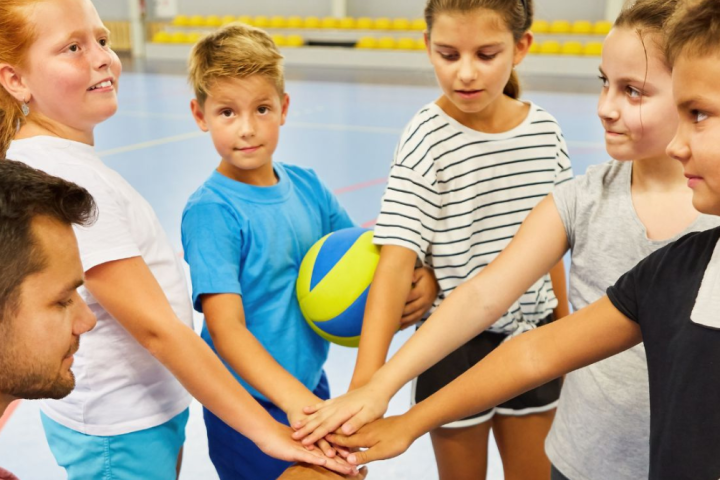
10 Steps to a National System for Monitoring the Physical Fitness of Children and Adolescents According to Recommendations from the FitBack Network
In an era where children and adolescents are increasingly exposed to sedentary lifestyles and screen time, the question arises on how to reverse the trend of their continuous decline in physical fitness. A recent study published in the Scandinavian Journal of Medicine and Science in Sports, prominently featuring researchers from the SLOfit team, offers a solution—systematic monitoring of physical fitness at both individual and population levels. There are several such national systems currently in existence—how do they differ? What are their advantages, and where are their limitations? Most importantly, how can we design and establish such a system using the best practices in 10 steps?
-
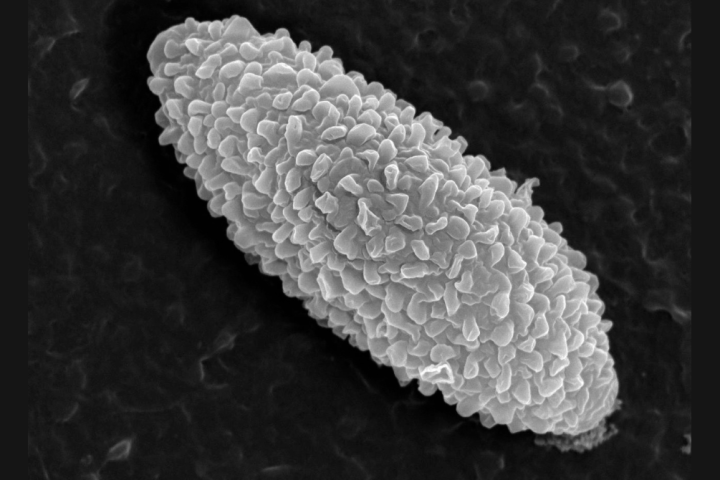
With a universal mechanism of cellular movement to new possibilities for treating cancer
Cell migration in the body is a fundamental biological phenomenon. Immune cells constantly search for pathogens throughout the body, while cancer cells migrate, causing metastases. To better understand the migration of immune and cancer cells, researchers, including Assoc. Prof. Dr. Samo Penič and Prof. Dr. Aleš Iglič from the Faculty of Electrical Engineering, University of Ljubljana, have developed a universal physical model of cell movement. This has also paved the way for new possibilities in the treatment of cancer.
-

Food for thought: discussing the menu of the future with scientists
The University of Ljubljana invites you to the Food for thought Festival, a series of interdisciplinary events organised by the University in collaboration with the "Jožef Stefan" Institute and the Institute of Chemistry. The festival menu has a sustainable theme and brings together researchers, UL alumni and students around a common table to discuss current societal issues and the challenges of creating sustainable food systems. The events, which will take place between 23 and 25 April, are free of charge,intended for the broader public and (most of them) can also be attended online.
-
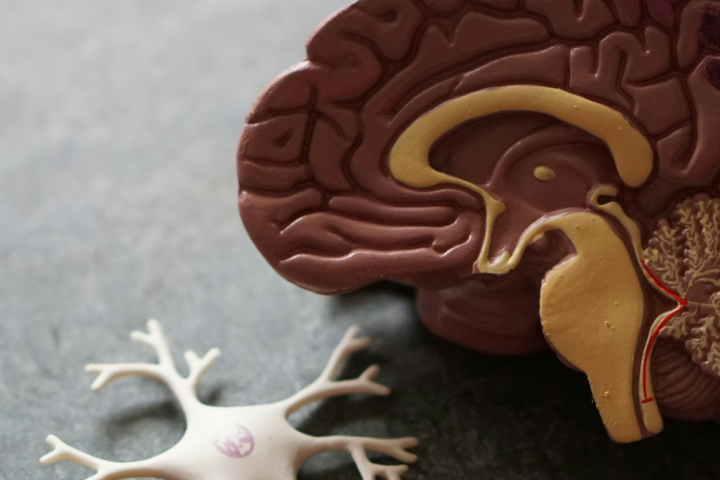
A new discovery important for research and treatment of dementia and ALS
Slovenian researchers led by Prof. Dr Boris Rogelj from the Faculty of Chemistry and Chemical Technology University of Ljubljana, and the Department of Biotechnology, Jožef Stefan Institute, have discovered new mechanisms associated with a mutation in the C9orf72 gene. This research is important because it further reveals the causes of two diseases – amyotrophic lateral sclerosis (ALS) and frontotemporal dementia (FTD) - and, as a consequence, increases the potential for developing new treatments for these two diseases.
-
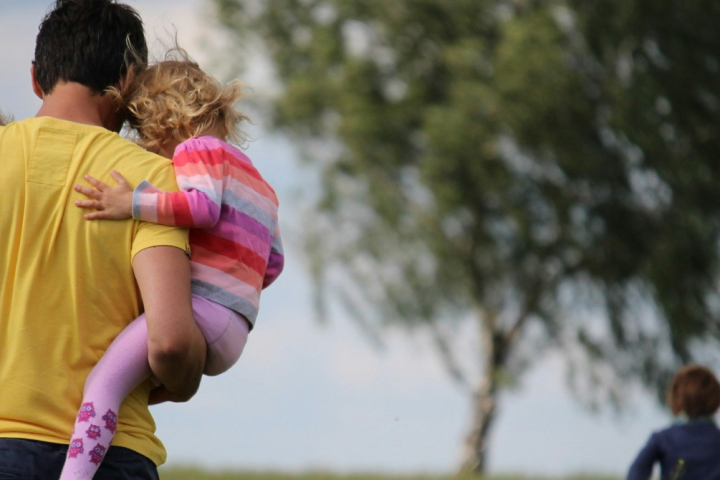
Despite numerous cases, familial Hypercholesterolaemia is still insufficiently recognised and treated
Familial hypercholesterolaemia, an inherited disorder accompanied by increased levels of LDL or ‘bad’ cholesterol and a greater susceptibility to the early onset of cardiovascular diseases, is still insufficiently recognised and treated, despite the high number of cases. This has been shown in the cross-sectional study ‘Familial hypercholesterolaemia in children and adolescents from 48 countries: a cross-sectional study’, which involved the participation of researchers from the University of Ljubljana Faculty of Medicine.
-
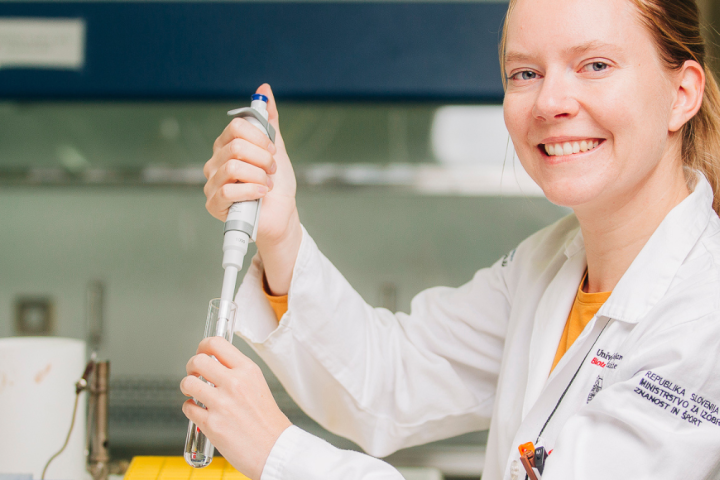
Dr. Nina Vesel recieved prestigious EMBO Postdostoral Fellowship
Dr Nina Vesel of the University of Ljubljana Biotechnical Faculty is the recipient of a prestigious Postdoctoral Fellowship from EMBO (European Molecular Biology Organization), aimed at supporting the mobility of postdoctoral researchers in Europe and around the world. This is a major success both for the researcher and for the UL Biotechnical Faculty, which succeeded in attracting back this outstanding researcher.
-

How successful was psychology in policy-making during the pandemic?
The COVID-19 pandemic had a profound effect on people's daily lives. Decision-makers had to make decisions and implement measures to curb the spread of the virus, which impacted many. Because similar situations are likely to occur again in the future, it is important to explore how psychology can help develop more efficient measures to curb the pandemic. This was the focus of the study, published in thejournal Nature and conducted by researchers from over 30 countries, including Dr Žan Lep from the Faculty of Arts, University of Ljubljana.
-

Almost 2.8 million European funds for innovative student exercise programs
The Ministry of Cohesion and Regional Development has approved almost 2.8 million euros in European funds for the zMIGAJ! program. This program will provide young students with two extra hours of exercise per week, which they will co-create with their teachers. Encouraging regular exercise is essential for young people's health and well-being, especially as they are increasingly exposed to stress, sedentary lifestyles, and digital screens. Regular exercise has been proven to improve mood, self-esteem, concentration, and academic success, as well as promote social bonds, cooperation, and mutual respect.
-

The negative effects of the corona period still burden the development and health of children
They were less physically active, spent even more time in front of screens and slept longer, we all still remember the "new reality" of children and adolescents during the covid closure of society. But - how long-term harmful restrictions and (too) long school closures have really (re)shaped the behavior of our children, is one of the first to reveal a population cohort study based on the Slovenian system for monitoring physical fitness (SLOfit), which has just been published in the prestigious scientific journal The Lancet Regional Health Europe.
-
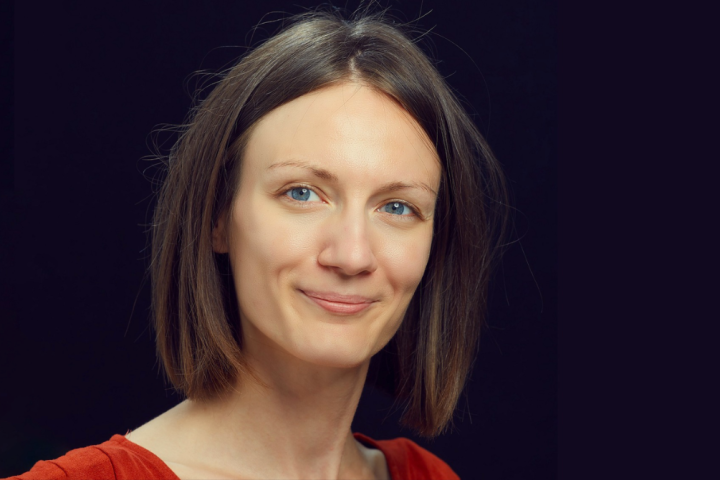
Lea Rems, PhD, from the Faculty of Electrical Engineering of the University of Ljubljana, successful in the European Research Council’s call for proposals
The European Commission has published the results of the call for proposals for the European Research Council (ERC) Starting Grant 2023. After a ten-month evaluation process, 400 projects were selected for funding from almost 2,700 applications from all over the world. Among the successful applicants is the researcher Lea Rems, PhD, who will lead the EUR 1.5 million, five-year ERC project REINCARNATION at the Faculty of Electrical Engineering, University of Ljubljana (UL FE).
-
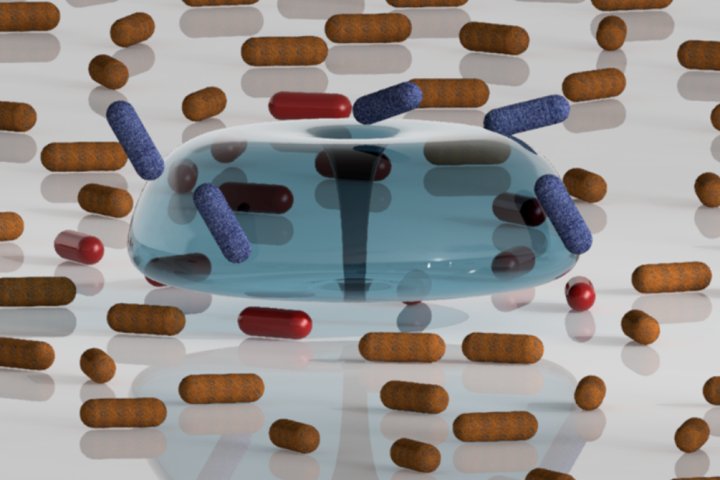
Treating wastewater through cavitation and understanding the effects of bubbles on bacterial cells
Increasing environmental pollution and drinking water shortages are a growing socioeconomic problem, in which cavitation technology can contribute to a cleaner and greener approach to wastewater treatment. Cavitation is a physical phenomenon that describes the phase change from liquid to vapour and back at constant temperature. The mechanical, thermal and chemical effects of cavitation can be utilised for various purposes, including to inactivate microorganisms in drinking water and wastewater. It has been proven that cells are subjected to damage in the immediate vicinity of a bubble. Further numerical analysis has identified the formation of microjets as a possible mechanism of bacterial cell damage.
-
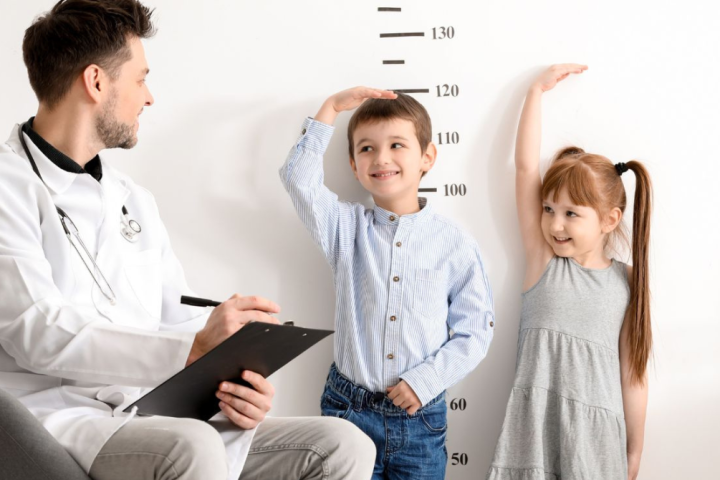
New method for predicting adult height
Researchers from Jožef Stefan Institute and Faculty of Sport, University of Ljubljana, developed a new method for predicting adult height of children and adolescents. The method uses large population data collected in the framework of the SLOfit program over decades. It compares the growth curve of a child with those of the most similar individuals and substantially outperforms the existing height predicting methods.
-
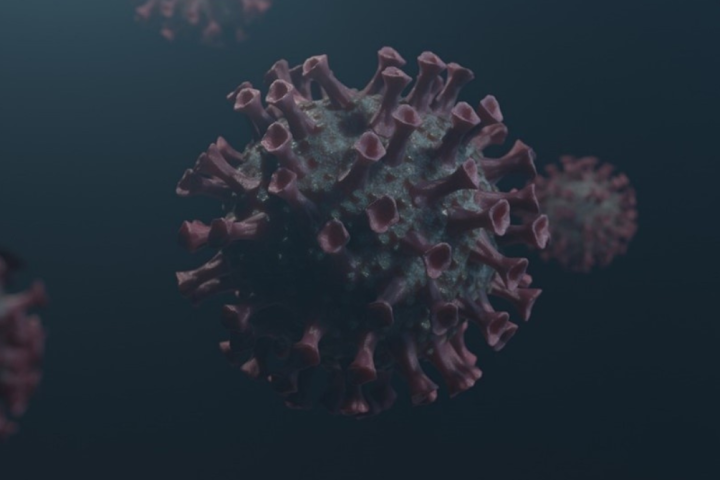
Hydrodynamic cavitation can be used to inactivate enveloped viruses
Researchers from the Faculty of Mechanical Engineering at the University of Ljubljana, led by Prof. Dr. Matevž Dular, have shown in an experimental study that the phi6 virus, which belongs to the viruses with a lipid envelope, can be successfully inactivated using hydrodynamic cavitation. The study is significant in that it shows that hydrodynamic cavitation has the potential to inactivate pathogenic enveloped viruses in water under ambient conditions. Although the primary mode of transmission for enveloped viruses is not water, the recent pandemic has reminded us that we need to be prepared for the worst, given the possibility of the emergence of enveloped viruses or virus strains that can be transmitted through water in the future.
-
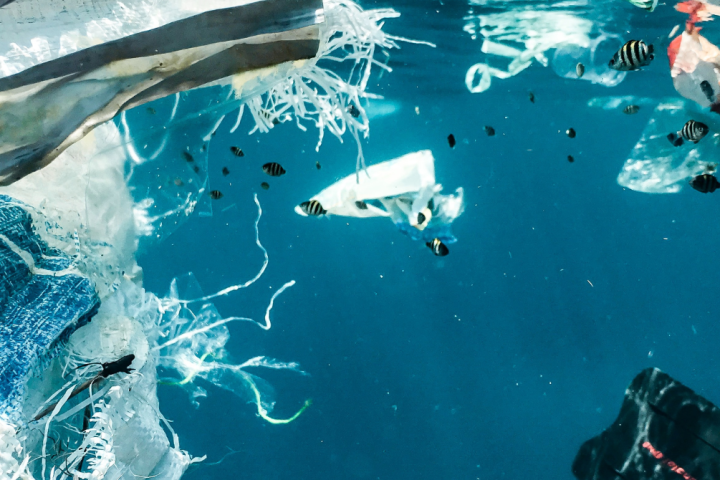
Using cavitation to break down invisible water pollutants
Researchers from the Faculty of Mechanical Engineering and the National Institute of Chemistry conducted an experimental study in which they achieved the degradation of a water-soluble synthetic polymer - poly(vinyl alcohol) PVOH - by acoustic and hydrodynamic cavitation. The use of PVOH is rapidly increasing, and as a result, increasing amounts of this material are being released into the environment. PVOH is widely used in the textile and paper industries, as well as in households, for example in the form of detergent pods. It is estimated that thousands of tons of it are washed into the aquatic ecosystem every year.
